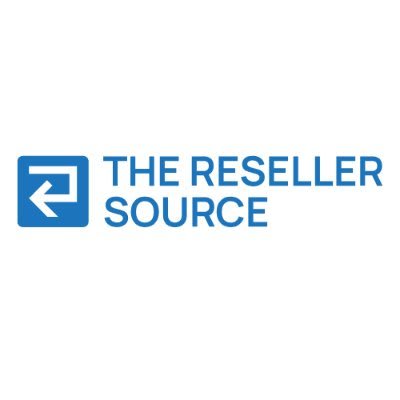Dive Brief:
-
Addressing mounting concerns after Target severed ties over falsely labeled Egyptian cotton sheets, Welspun Global Brands on Thursday made public a transcript of a conference call with investors in an effort to be transparent about the problem.
-
After Target’s announcement, retailers including Wal-Mart, Bed Bath & Beyond, Macy’s, and J.C. Penney also said they were looking into the labeling and sourcing of their Welspun-made products.
-
Welspun Managing Director Rajesh Mandawewala said the company takes responsibility for the “error” but declined to say how it happened, according to the transcript. Welspun also said that an audit it commissioned to investigate the matter would be complete within the next six to eight weeks.
Dive Insight:
Right now, Welspun is shouldering the brunt of this problem. But in the meantime, the retailers involved will have to find a reliable source for their cotton sheets, towels and other goods. And they need to ensure accurate labeling and quality, no matter the source.
The debacle certainly points to several pain points in the global supply chain. It appears that not even Welspun, much less its client retailers in the U.S., understands exactly how and where the cotton was derived.
“Without any ambiguity the fault is on our side and so it is, let’s say, the error is from our side, so I guess we have to take responsibility for it,” Mandawewala told investors, according to the transcript. He declined to say what specifically had gone wrong, saying only that “in the manufacturing process you source a lot of materials at various stages.”
Mandawewala added that the root of the problem is "around the provenance of the fiber, the product themselves were rated highly by the end consumers... In the manufacturing process, we source a lot of materials, raw materials at the intermediary stage as well from various vendors, be it cotton, cotton yarn or greige fabric. We thus want to revalidate all our supply processes and systems. Although growing volumes and programs have resulted in increasing complexity, an issue of this nature is unacceptable to us.”
It's an astounding admission, one that shows that most U.S. retailers likely have little idea about the source of the raw materials of their goods. That could become a growing issue in an era when many consumers are demanding sustainable manufacture of the products they buy.










